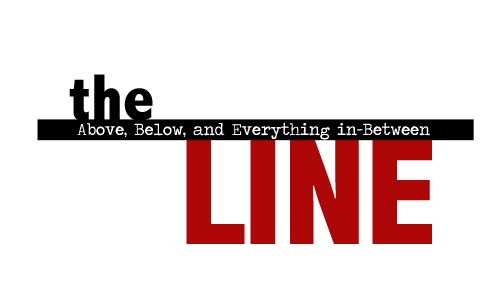No sooner had Comcast and GE put pen to paper on the deal that would give Comcast majority ownership of NBCU than public advocacy organizations such as the Media Access Project issued treatises denouncing the merger, raising questions about what it means for, what MAP calls, “an open and diverse media.”
MAP is a non-profit law firm that seeks to protect the public interest in all areas of mass media, promoting free speech and both universal and impartial access to content. Currently, MAP’s website features an article titled, “Comcast-NBCU Is Bad For Broadcasting,” which details the organization’s concerns, chief among them the impact the deal could have on availability of NBCU-produced content on the web.
The Project’s President, Andy Schwartzman wrote, “The delivery of programming over the Internet is important not just for viewers, but for broadcasters because they can develop additional advertising revenue streams with advertising on Hulu. Comcast…wants to migrate everything to its TV Everywhere-approach where it seeks to grab revenue that otherwise would go to a competitive source.”
However, in the months leading up to the merger announcement, Comcast was already well on its way to perfecting a model that will place content behind a “wall,” accessible only to its cable subscribers. Termed, OnDemand Online, the service will provide Comcast customers the ability to view programming on the Internet via its Fancast.com portal, in the same way the On Demand option works on TV.
The idea is that the service will make available online a wide variety of content that is currently being withheld from the platform (think HBO and Showtime…unless you’re one adept at locating sites specializing in pirated content). If you’re a Comcast cable subscriber (i.e. you can’t just hold an internet subscription), you will enter a login on the Fancast site, it will recognize you as a paying Comcast customer, and you can watch “TV”, using Comcast’s motto, “anywhere, anytime.”
According to a Comcast representative, the folks at NBC were already on board with the concept – along with over 20 other broadcasters and cable outfits – who are well aware that increasing numbers of people are heading online to catch up on missed episodes of their favorite shows, or to ease the monotony of another mundane day at the office.
The rumblings that content now widely available on the web for free will soon migrate behind pay-walls in one form or another aren’t new. Content creators have been wising up to the fact that they can – and should – be paid for the property, and the brief 15-30 second ad spots aren’t cutting it: Its no secret that revenue streams from advertisements supporting content online don’t hold a candle to the value they maintain in the television marketplace.
The rumblings that content now widely available on the web for free will soon migrate behind pay-walls in one form or another aren’t new. Content creators have been wising up to the fact that they can – and should – be paid for the property, and the brief 15-30 second ad spots aren’t cutting it: Its no secret that revenue streams from advertisements supporting content online don’t hold a candle to the value they maintain in the television marketplace.
So the problem shouldn’t be with Comcast’s efforts to, as MAP says, “migrate everything to its TV Everywhere-approach” – which was bound to happen, whether at the hands of Comcast or at the behest of the networks and sites like Hulu. (In fact, the mistake some networks made was allowing free content consumption in the first place – it’s a steep climb up the mountain from the Valley of Free.)
Rather, attention to the Comcast-NBCU deal should be focused on the extent to which the media mammoth is allowed to wield its newfound power, potentially granting preferential treatment to Comcast subscribers in terms of content access.
In this way, organizations like MAP would be well advised to restructure their arguments before the federal regulatory committees that are currently preparing review of the merger come January.





No comments:
Post a Comment